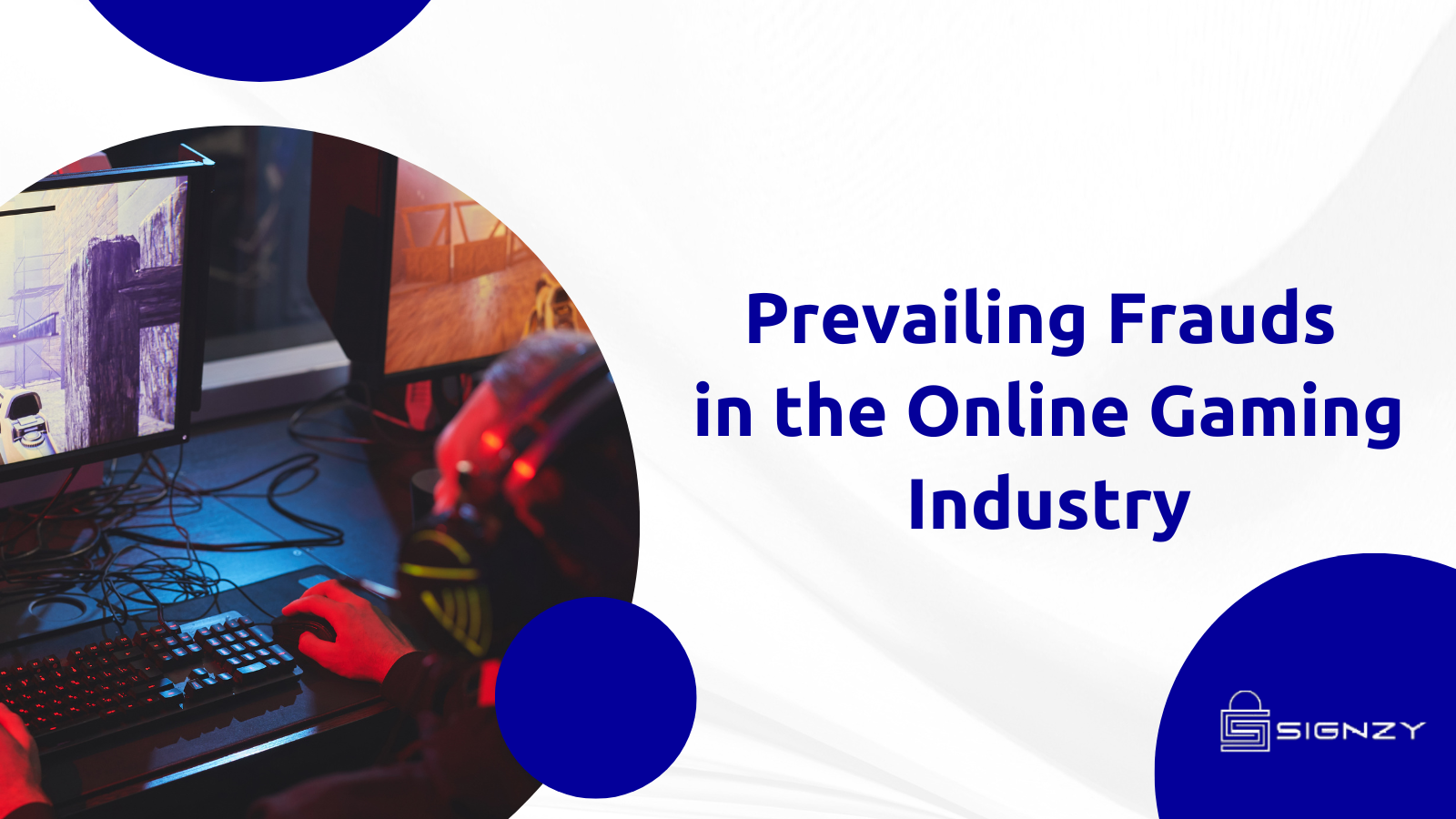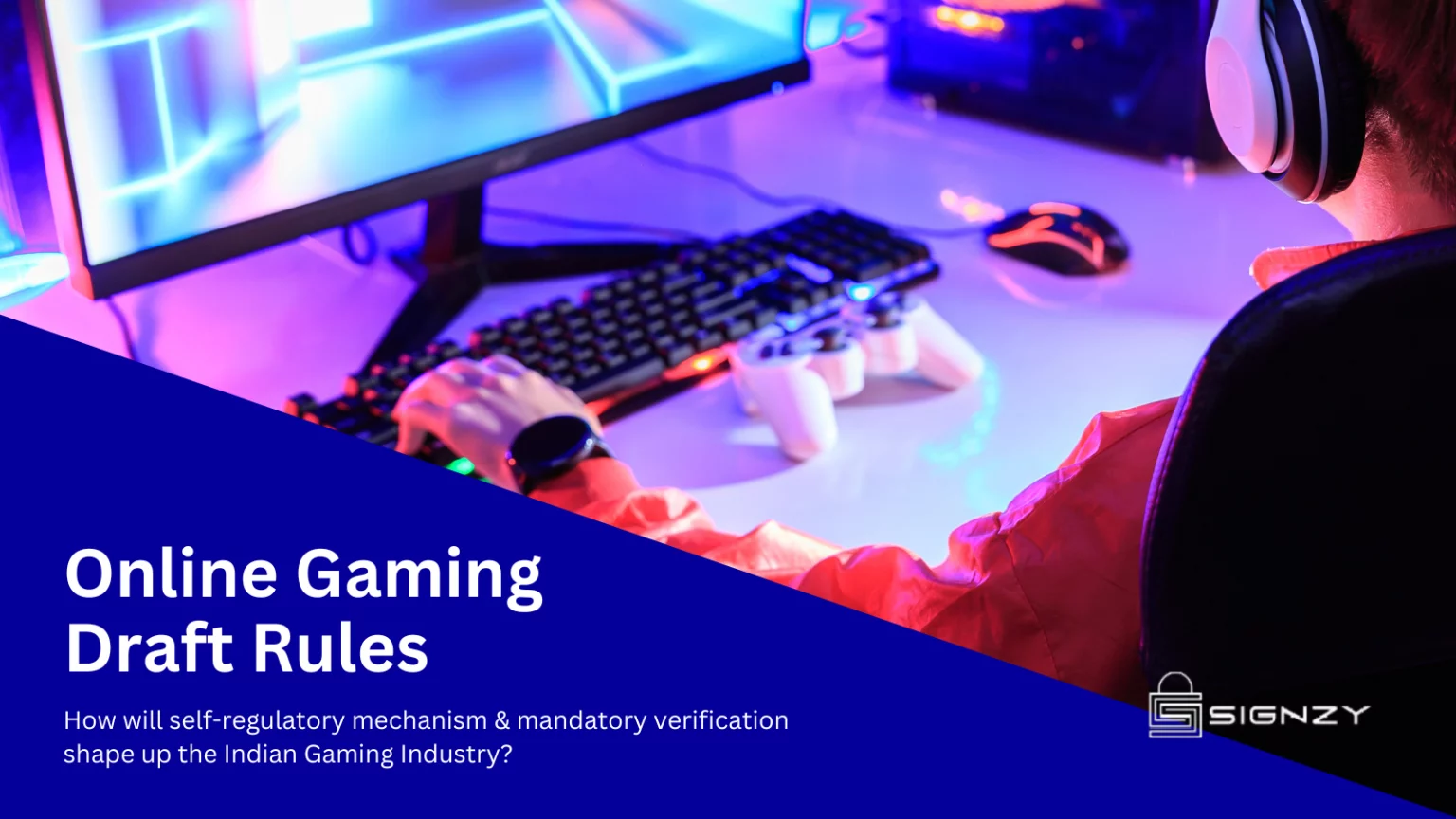We’ve all heard stories about fraudsters taking advantage of unsuspecting people through online gaming. However, what may surprise you is how often this happens and the extent of the damage it can cause. As more and more people turn to online gaming as entertainment, fraudsters also recognize this opportunity and are preying on its increasing popularity.
The proportion of New Paying Users (NPUs) in online gaming in India has grown at the fastest rate in the world, from 40% in 2020 to 50% in 2021. The number of paying players grew by 17% from 80 million in 2020 to 95 million in 2021, according to a report by EY FICCI (Federation of Indian Chambers of Commerce and Industry).
This blog post will discuss how online gaming is becoming a soft target for fraudsters and what measures can be taken to protect yourself against their malicious tactics.
The rise in online gaming
In recent years, online gaming has become a popular pastime for people of all ages. But as the popularity of online gaming grows, so does the risk of fraud.
Fraudsters are increasingly targeting online gamers to steal their personal and financial information. They do this by setting up fake websites and game servers that trick gamers into giving up their login details or credit card information.
Some fraudsters also create fake game accounts and then use them to cheat other players out of their virtual possessions. Others may hack into legitimate game accounts and steal virtual currency or items.
Moreover, certain online gaming firms facilitate the trading of computer game items with traditional currencies like dollars, yuan, and pounds. This is called microtransactions and is seen in free-to-play games that give the option for digital purchases. Take, for example, Entropia Universe and Second Life offering purchasable products via their e-stores. More games have now started to entice gamers to make microtransactions by marketing loot boxes which are a selection of random in-game assets concealed until payment is made.
In another incident, it was reported on 31st January 2023 that there have been eight arrests in Noida for allegedly defrauding people with online gambling and betting apps. A total of Rs. 24 crores was frozen in various bank accounts, along with 193 mobile phones, 21 laptops, 416 checkbooks, 233 debit cards, and 21 point-of-sale devices.
The vulnerability seen in online gaming
According to a report by Kaspersky Lab, online gamers are increasingly becoming victims of fraud. The report found that in the first half of 2017, there was a 50% increase in the number of people who had their gaming accounts hacked compared to the same period in 2016.
There are several reasons why online gamers are particularly vulnerable to fraud. Firstly, many gamers use their real names and personal information when signing up for gaming platforms and services. This makes it easy for fraudsters to obtain this information and use it to commit identity theft or other types of fraud.
Secondly, gamers often make in-game purchases using credit cards or other payment methods. If a fraudster gains access to a gamer’s account, they can use this information to make unauthorized purchases.
Finally, gaming platforms and services are often targeted by phishing attacks. In a phishing attack, the attacker will send an email or message that appears to be from a legitimate gaming company or service. The message will usually contain a link that leads to a fake website designed to look like the real thing. Once on the fake website, the victim is asked to enter their login details or financial information. The attacker then uses this information to commit fraud.
To protect themselves from these attacks, gamers should only sign up for gaming platforms and services using secure passwords and payment methods. They should also be wary of any emails or messages that contain links, even if they appear to
The types of fraud in online gaming
The online gaming industry is becoming a soft target for fraudsters due to the amount of money and personal information exchanged daily. There are many different types of fraud being committed against online gamers, including:
- Credit card fraud: It is when someone uses another person’s credit card information to make unauthorized purchases in their name.
- Identity theft: This is when someone steals another person’s personal information (such as their name, address, date of birth, etc.) to open new accounts or make fraudulent charges in their name.
- Phishing is when someone contacts an individual via email, text message, or social media pretending to be from a legitimate company to get them to provide personal information or financial account details.
- Hacking is when someone gains unauthorized access to another person’s computer or gaming account to steal personal information or virtual goods/currency.
Final Thoughts
As online gaming continues to grow, it has become an increasingly attractive target for criminals looking to exploit players’ lack of knowledge and safety protocols. By understanding the risks associated with gaming and taking preventive steps like verifying the legitimacy of game providers, regularly changing passwords, avoiding public Wi-Fi networks, and installing updated anti-virus software on all devices used for gaming activities, gamers can greatly reduce their chances of becoming victims of fraudsters. With a little effort at prevention, gamers can enjoy their favorite activities without fear or worry.
Ensuring the digital gaming industry is secure from fraud is paramount for players. Not only does criminal activity damage a business’s reputation, but it can also greatly hurt its annual revenue. However, Artificial Intelligence (AI) can greatly help in this situation by being integrated into identity verification and AML screening systems. AI-powered solutions analyze a gamer’s behavior, flagging possible cheaters and stopping bad actors from making artificial accounts for illegal purposes. This ultimately means that comprehensive identity verification methods are the best way to prevent cheating.
At Signzy, we provide state-of-the-art quality AI-driven API products without needing a single line of code. The system is powered by thousands of AI algorithms that can render a good percentage of accuracy and real-time verification results in less than a second.
About Signzy
Signzy is a market-leading platform redefining the speed, accuracy, and experience of how financial institutions are onboarding customers and businesses – using the digital medium. The company’s award-winning no-code GO platform delivers seamless, end-to-end, and multi-channel onboarding journeys while offering customizable workflows. In addition, it gives these players access to an aggregated marketplace of 240+ bespoke APIs that can be easily added to any workflow with simple widgets.
Signzy is enabling ten million+ end customer and business onboarding every month at a success rate of 99% while reducing the speed to market from 6 months to 3-4 weeks. It works with over 240+ FIs globally, including the 4 largest banks in India, a Top 3 acquiring Bank in the US, and has a robust global partnership with Mastercard and Microsoft. The company’s product team is based out of Bengaluru and has a strong presence in Mumbai, New York, and Dubai.
Visit www.signzy.com for more information about us.
You can reach out to our team at reachout@signzy.com.






